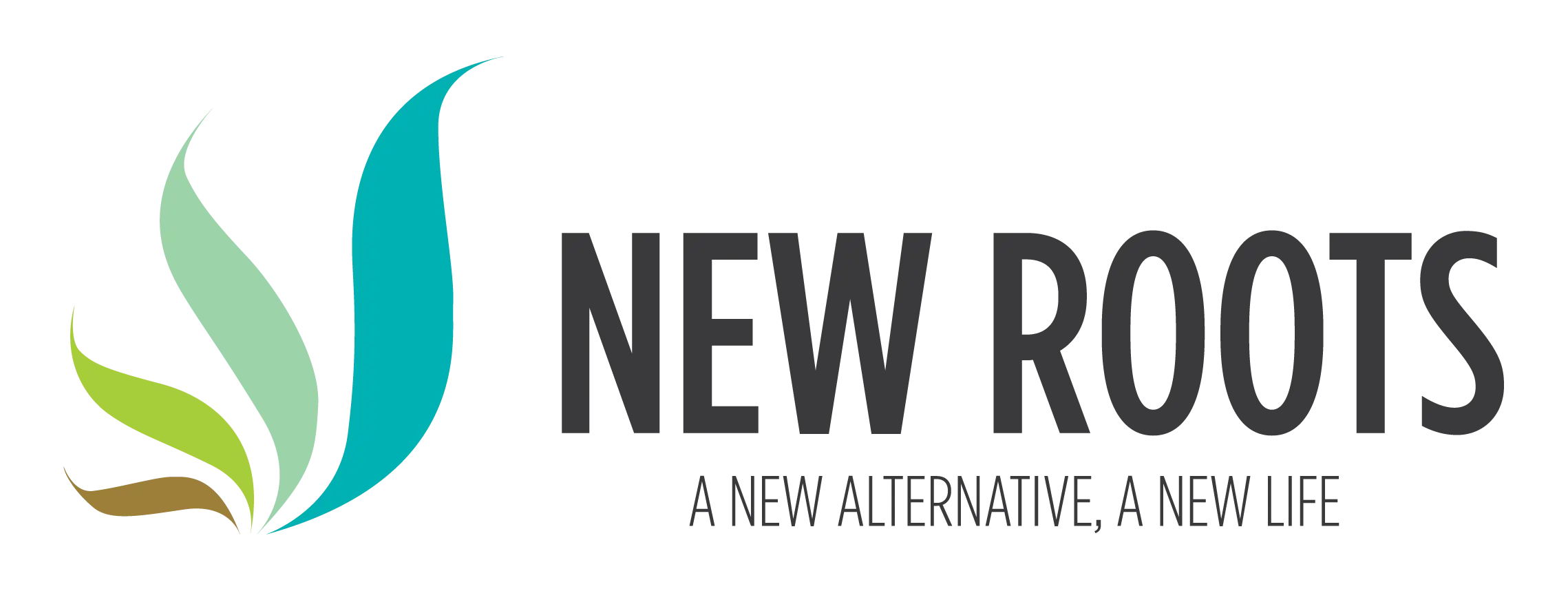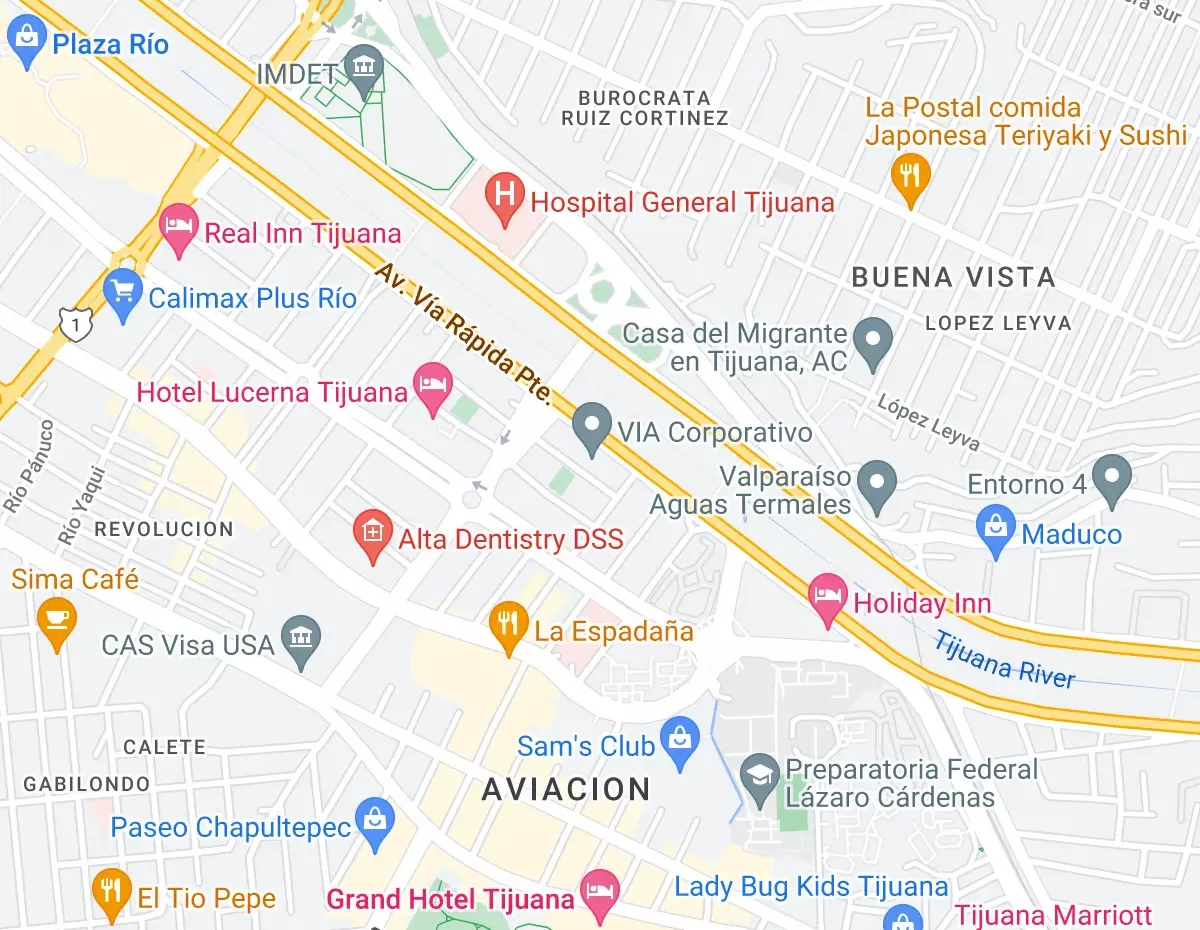Alternative Addiction Treatment
On a global scale, addiction treatment represents a multi-billion-dollar industry. Yes, you read that right! There are big bucks to be made by private companies that offer recovery services to those who struggle with a substance use disorder. This is because addiction is a global epidemic that kills millions of people around the world every year. It’s no surprise that people struggling with addiction are willing to pay the cost to get the help they need.
Different types of treatment programs are offered at as many as 20,000 rehabilitations facilities across the U.S. alone. These include inpatient treatment, outpatient programs, partial hospitalization stays, and detoxification centers. Most of these are long-term programs, which can last anywhere from 30-days to six months.
You might be surprised to learn that the average cash cost of a one-month stay at a residential rehabilitation program in the U.S. is $25,000. Yikes! Even if you have insurance to cover the cost, you are still probably going to have paid at least a few thousand dollars out-of-pocket.
Also, it is important to note that these expensive rehab centers don’t always seem to be effective for treating addiction. For those who go to conventional “evidence-based” rehab centers in the U.S., the relapse rate within the first year is approximately 85 percent. That means that only 15 percent of those who get professional help (after spending precious time and a whole lot of money on treatment!) will enjoy ongoing recovery after the first year of completing a recovery program.
Step Recovery – An Internationally Embraced Treatment Approach
There are many who do not go for conventional treatment, but instead, pursue recovery at free 12-Step programs like Alcoholics Anonymous or Narcotics Anonymous. These programs are available in many different languages in countries around the world.
There is absolutely no research available that proves with certainty these programs promote long-term recovery. In fact, many addiction experts insist that because these are peer-support groups, they offer little more than social support. Nevertheless, in spite of the fact that there is almost no data available about the success rates of these programs, they are still widely popular.
In fact, MOST traditional treatment centers utilize the 12-Step model. Even those who have never had a problem with addiction have heard of the 12 Steps of Alcoholics Anonymous. Addiction experts will promote ongoing meeting attendance as a way to maintain abstinence from drugs and alcohol. They will tell clients they are powerless over drugs and alcohol and ask them to surrender to a Higher Power.
What Is The Alternative?
We are talking about conventional rehabs and 12-Step programs because these are the most common forms of addiction treatment around the world. At New Roots, we understand that ibogaine treatment is still considered an “alternative therapy for addiction treatment.” However; we believe with time, this will become the first choice for those who want to stop the addictive cycle.
Because it has yet to become a front-runner in the field of addiction medicine, most people know very little about ibogaine treatment. And, unfortunately, many who pursue this plant medicine only seek it out as a last resort after conventional rehabilitation and 12-Step programs have failed them.
Most people are skeptical about ibogaine treatment because it is not mainstream. The 12-Step path is still largely embraced by the world. And, most people still believe they need to go for residential (or at least outpatient) treatment to get sober.
Why Choose An Ibogaine Treatment Center?
Undergoing an ibogaine treatment is unlike anything you will experience at a typical recovery rehab or a 12-Step program. Research shows that one ibogaine treatment can almost completely eliminate the withdrawal process. It can also significantly reduce intense, ongoing cravings.
Ibogaine effectively resets the brain’s neural network and restores it back to a pre-addicted state by targeting the Mu receptor site. The fear of withdrawal and the inability to overcome cravings are what make it so difficult for an addicted person to achieve ongoing sobriety.
In addition to the positive impact, ibogaine has on the brain’s reward circuitry, this psychedelic plant medicine causes the user to go on a “mental trip” (somewhat similar to LSD). During this experience, the mind produces powerful imagery and profound psychological realizations. This allows the user to address issues from the past, heal deep traumas, and gain incredible insight into the circumstances that led to addiction in the first place.
Unlike the conventional rehabilitation program (which typically lasts a month or longer) or a 12-Step program (which demands a life-long commitment to preventing relapse), an ibogaine treatment at New Roots only requires a seven-day time commitment and a small financial investment.
Don’t Take Our Word for It
We understand you might be hesitant to take an ibogaine treatment. It is still considered an alternative addiction treatment therapy. It is completely understandable to feel apprehensive about something you know very little about.
And, you might feel a little reluctant to travel to another country and partake of a substance you are unfamiliar with. This is totally normal. We hear this from our clients all the time – they were scared to make a trip into an unknown land to try this plant medicine. But those who come to see us are always glad they did.
Here’s a testimonial from one of the many clients we have helped find freedom from addiction with an ibogaine treatment:




